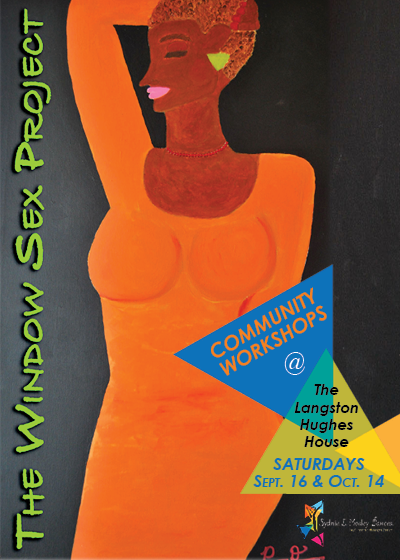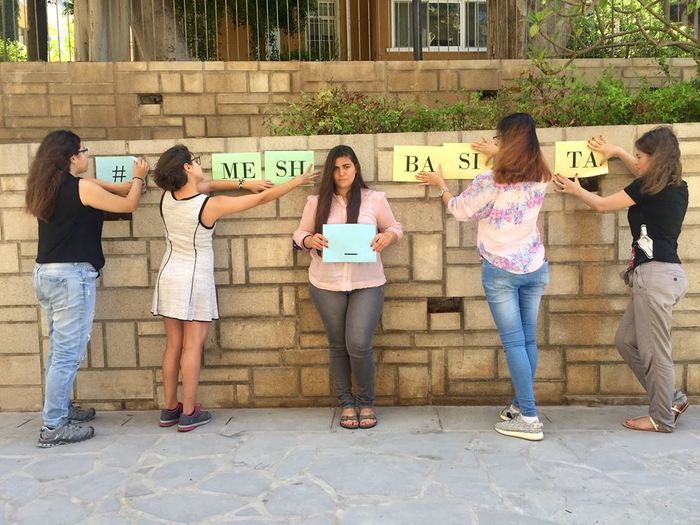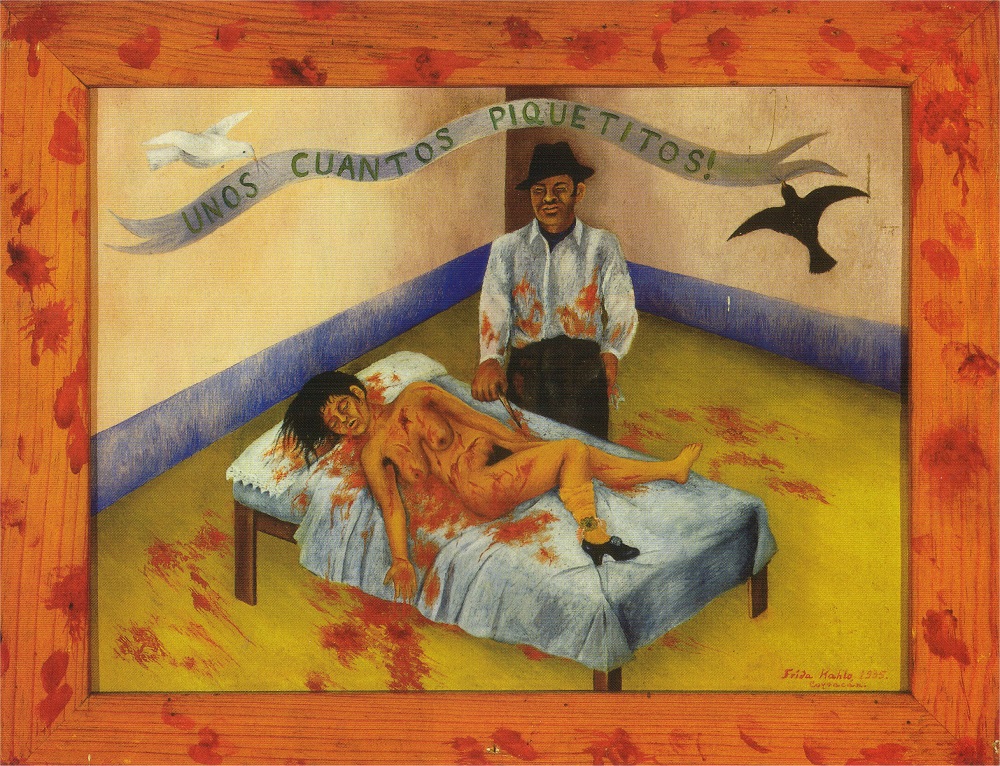 SSH is supporting the New York-based Sydnie L. Mosley Dances’ The Window Sex Project Community Workshop presented in collaboration with I, Too Arts Collective on Sept. 14 and Oct. 16 (10 a.m. to 3 p.m.).
SSH is supporting the New York-based Sydnie L. Mosley Dances’ The Window Sex Project Community Workshop presented in collaboration with I, Too Arts Collective on Sept. 14 and Oct. 16 (10 a.m. to 3 p.m.).
Harlem women and genderqueer folks ages 18-40 are invited to participate in a FREE workshop rooted in movement, storytelling, discussion and healthy living. Use your voice and movement to respond to street harassment. Fellowship with others living in your community. RSVP + more info.




 The SSH community was horrified by the events in Charlottesville, VA, and the growing boldness of Nazis and White Supremacists. SSH board member Maureen Evans Arthurs was among those who took to the streets and marched in solidarity with Charlottesville.
The SSH community was horrified by the events in Charlottesville, VA, and the growing boldness of Nazis and White Supremacists. SSH board member Maureen Evans Arthurs was among those who took to the streets and marched in solidarity with Charlottesville.


 Lastly, I gave talks to the Institute for a Democratic Future cohort in D.C. and the Women’s Network at Exiger Diligence in Maryland. On Sept. 20, I’ll be a speaker at the University of New Hampshire. This month I also joined Jessica Raven, the Executive Director of
Lastly, I gave talks to the Institute for a Democratic Future cohort in D.C. and the Women’s Network at Exiger Diligence in Maryland. On Sept. 20, I’ll be a speaker at the University of New Hampshire. This month I also joined Jessica Raven, the Executive Director of 
